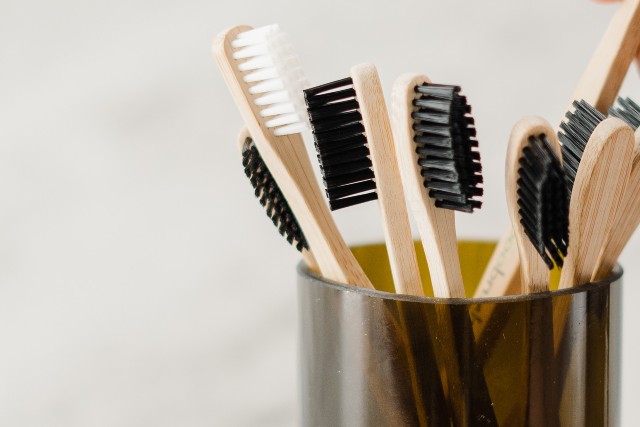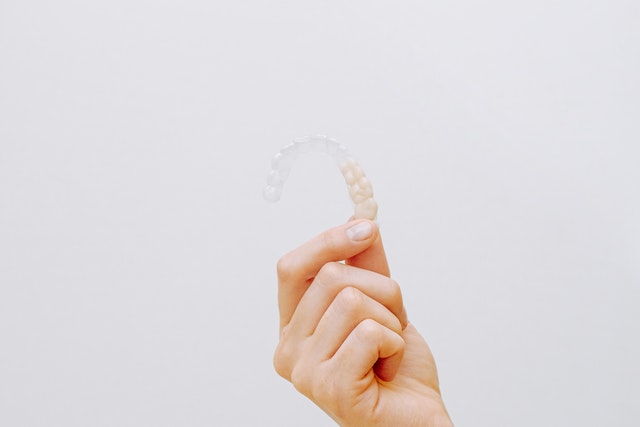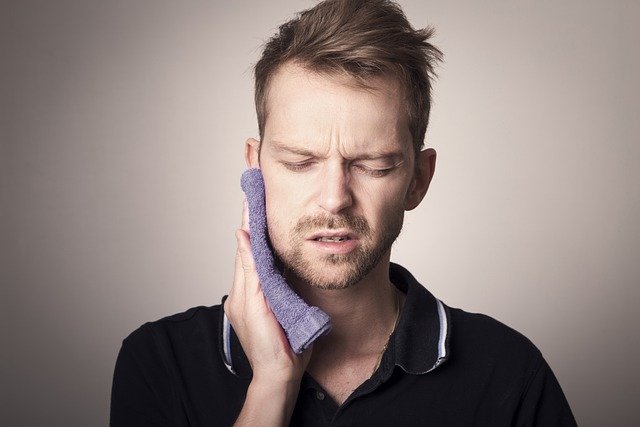We all know that healthy habits pay off in innumerable ways. When we eat well, we reduce our risks for various medical conditions, such as diabetes and high cholesterol. When we brush our teeth as we're taught by our dentist, we expect to have less of a problem with cavities. This is the general expectation …
We all know that healthy habits pay off in innumerable ways. When we eat well, we reduce our risks for various medical conditions, such as diabetes and high cholesterol. When we brush our teeth as we’re taught by our dentist, we expect to have less of a problem with cavities. This is the general expectation of dentists, hygienists, and their patients. So, when you brush twice a day and still feel a cavity coming on, what gives? We’ll discuss that here.
How Do Cavities Form?
Our teeth are made of various minerals. The mere act of eating can disrupt the mineral content of teeth to some degree. Usually, this is not enough to result in a cavity, provided that we are putting nutritious foods into our bodies. Ideally, the pH in the mouth stays relatively neutral. When the pH leans more to the acidic side, which happens after we eat, the natural mineral content of our teeth declines. Fortunately, it usually takes only about 30 to 60 minutes for the pH to return to its more neutral state. This is key to avoiding cavities. One of the reasons a cavity may form is that the mouth isn’t given sufficient time in between meals, drinks, and snacks to return to its normal pH. To allow the body to engage in its own cavity-preventing activities, it is beneficial to leave hours of space in between meals and snacks and to avoid prolonging these activities. For example, if you drink soda or juice, enjoy the beverage within a few minutes rather than over an hour’s time. Then, wait at least an hour before drinking or eating again (with the exception of water). To make matters worse, when we eat starchy foods and drink sugary drinks like soda and fruit juice, debris from these items may stay in the mouth. Bacteria that live in the mouth consume the sugars and starches and then produce acid that eats away at the outermost layer of enamel that covers teeth. To reduce this effect, sip water frequently throughout the day.
How Can You Help Re-mineralize Your Teeth?
The body naturally works against de-mineralization of the teeth by producing saliva! This fluid acts as a buffer that helps to flush out harmful particles and bacteria. Furthermore, saliva contains some of the minerals that are found in our teeth, such as calcium and phosphate. Often, though, this is not enough to counteract the loss of minerals that occurs due to the types of foods we eat or our genetic predisposition for tooth decay. This is why dentists recommend that their patients use fluoride toothpaste every day. Many cities’ public water supplies have added fluoride, as do the majority of bottled water products. The consumption and use of fluoride fortify the mineral content in saliva, which then helps to build decay-resistant enamel.
Is There a Best Time to Brush Your Teeth?
You’ve most likely heard from your dentist or hygienist that you should brush your teeth twice a day. Some people think that they should brush after every meal. This generally isn’t necessary and may actually be harmful. Dentists typically encourage patients to brush their teeth in the mornings after waking so that the bacteria and plaque that began to accumulate overnight can be washed away. Brushing first thing in the morning also introduces fluoride into the saliva before the first meal of the day, washing teeth in a layer of protective minerals before the acids from breakfast form in the mouth. If you prefer to brush after meals, it is important that you wait at least 30 minutes before doing so. Brushing too soon could remove beneficial minerals right along with the debris from your meal. As an alternative, rinse the mouth with water or chew some sugarless gum to help promote increased saliva. The second time that we should brush our teeth is at night right before bed. This is recommended because it cleanses the mouth before a prolonged period of acid exposure. So, while you can brush any time of day that suits your schedule, the ideal timing is right after waking up and right before going to bed for the night.
Are you struggling with cavities even though you brush twice a day? Contact our Granite Bay dental office at 916.800.5001 and schedule an appointment with Dr. Mahal. Together, you can develop an oral care program that meets your needs.








